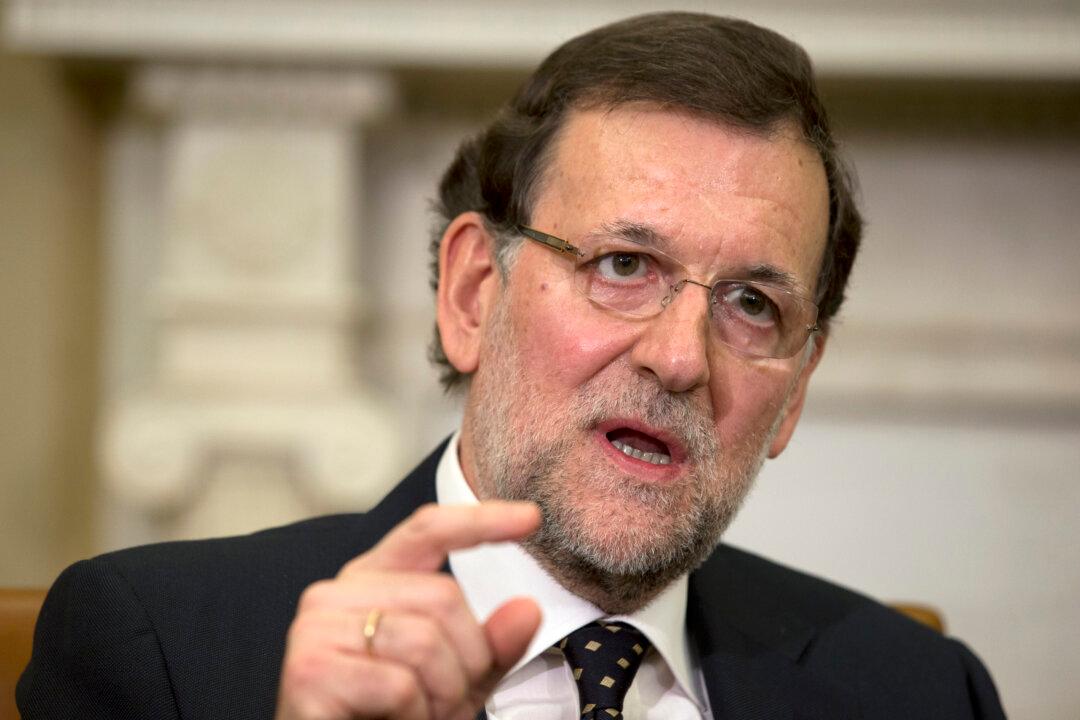MADRID—Spain’s opposition Socialist party Monday said it would vote against having acting Prime Minister Mariano Rajoy form a new government, thus killing one of Rajoy’s options to stay in power after voters elected a fragmented Parliament.
Rajoy’s ruling conservative Popular Party came first in Sunday’s general election, winning 123 seats but falling far short of the 176 seats it needs for a majority and losing a chunk of the 186 seats it won in 2011. Rajoy, seeking a second term, said he will “try to form a stable government'” but has no immediately obvious partner to do that.
The Socialists came second with 90 seats and could seek a coalition with other leftist groups.
Two newcomer parties burst onto the scene, capitalizing on many voters’ disenchantment with high unemployment, constant corruption cases and the country’s political status quo. The far-left Podemos party gained 69 seats for third place, making it a possible kingmaker, while the centrist, business-friendly Ciudadanos party got an influential 40.
“Spain is not going to be the same anymore,” said jubilant Podemos leader Pablo Iglesias.
Socialist party official Cesar Luena said Rajoy’s Popular Party, which won the most votes, should have the first crack at forming a government but ruled out supporting Rajoy, eliminating the possibility of an unprecedented coalition between the two parties which have dominated Spanish politics for decades.
Sunday’s inconclusive result paves the way to weeks or possibly months of negotiations. Craig Erlam, senior market analyst at OANDA in London, said Spain may now face an era of “political paralysis and instability.”
Spain’s benchmark Ibex 35 index was down 2 percent in trading Monday, suggesting investor jitters following the result.
If forced out of government, Rajoy’s Popular Party would become the third European victim this year of a voter backlash against austerity measures following elections in Greece and Portugal seen as rebellions against unpopular tax hikes and spending cuts.





